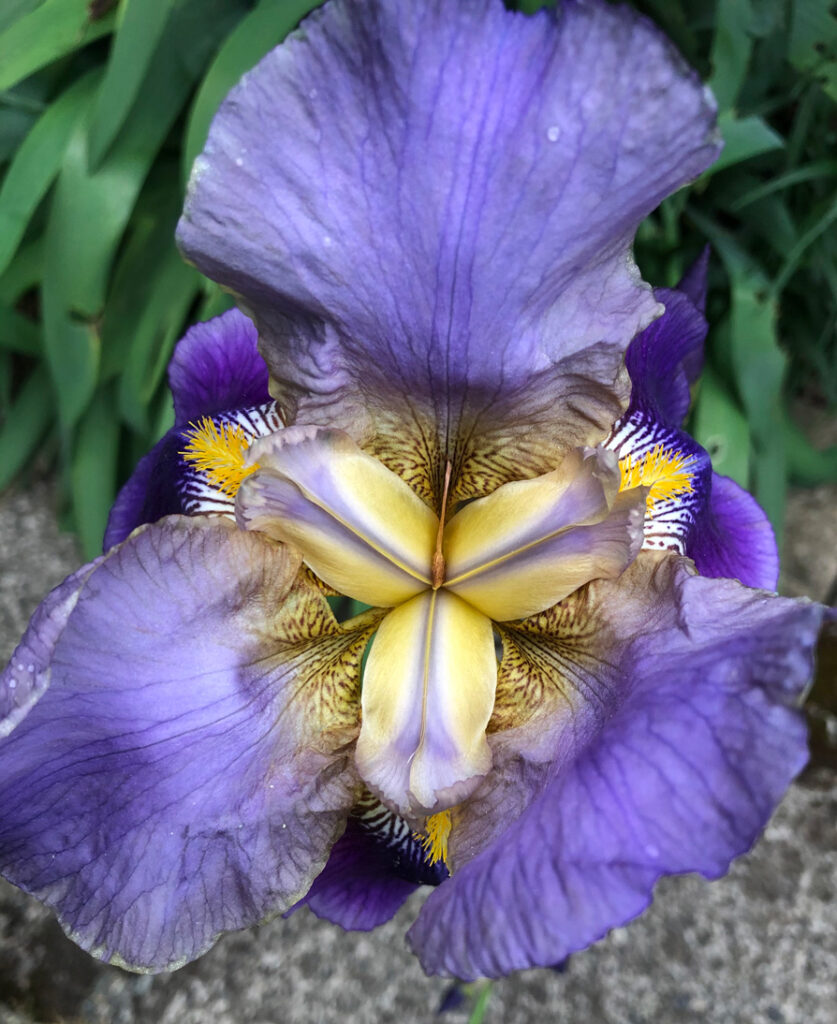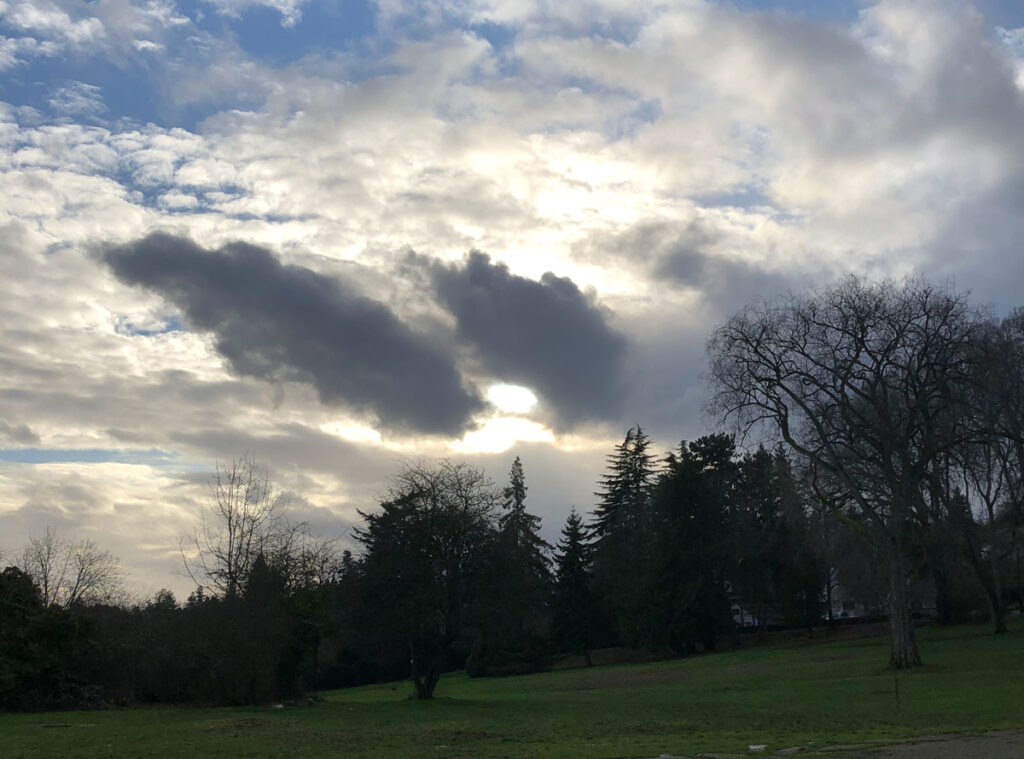The strangest of times. We are ‘sheltering in place’, only leaving our homes to buy food and medicine. We are allowed to walk outside while keeping a distance from our fellow humans. We live on Zoom calls and Face Time. Our hands are chapped from washing. Our beloved first responders are falling ill themselves. Not enough supplies, a doubling of positive cases every day as the death toll rises. Comparisons to the Black Death, AIDS, cholera and diphtheria, polio. Organisms have ravaged the human community throughout the pages of history.
How to practice with this uncertainty and fear? Now is the time to face the truth of old age, sickness and death. It feels like ‘before’ was a dream: of control, predictability and comfort.
We will not be the same when the rising tides of sick and dying people has ended. It will end. But we don’t know when.
Impermanence (anicca in Pali) is one of the three marks of existence. All is subject to change. And change is constant. The face that greets us in the mirror is not the face of an eighteen year old (unless we’re eighteen!) Because change is usually gradual, we don’t notice that we have aged, our dog is old and can’t climb stairs anymore, the car we bought yesterday, it seems, needs to be replaced. The children we raised have children of their own now. They too are subject to impermanence. To fully realize the reality of change is a powerful teaching. It helps us to not waste the calendar; the hours, the moments of our lives. And how much time we have wasted!
Now this, a pandemic. A global situation where we are all vulnerable. The virus has no respect for country of origin. We may comfort ourselves that we’re somewhat protected by our gender or age or health risks. Far from a gradual or imperceptible shift, we are suddenly jobless or furloughed or working from home with children suddenly out of school and needing to be encouraged to study on-line. We worry about our finances. Neighborhoods are quiet. Only grocery stores and gas stations are open. We’re wearing masks and eyeing others as if we can tell that they may be carriers or infected.
Our practice can take new meaning. The teachings from the Buddha are not theoretical. The reality of our own demise is sitting here with us. Even if we are well, we are watching the death toll rise and we are aware of the suffering all around us. It is here in our neighborhood but it is across the world.
Our jangled nervous systems hunger for calm. Our sitting practice offers a way to be with the panic and anxiety that may be the constant murmuring under our conscious mind. Sitting with mindfulness and kindness to whatever is arising is a powerful antidote to the chaos we may find ourselves experiencing. Facing our isolation and grief with compassion allows the heart to soften towards our collective suffering. We are truly not alone. Quan Yin’s great loving arms are holding us all.
Every morning a new arrival.
A joy, a depression, a meanness,
some momentary awareness comes
as an unexpected visitor.
Welcome and entertain them all!
Even if they are a crowd of sorrows,
who violently sweep your house
empty of its furniture,
still, treat each guest honorably.
He may be clearing you out
for some new delight.
The dark thought, the shame, the malice.
meet them at the door laughing and invite them in.
Be grateful for whatever comes.
because each has been sent
as a guide from beyond.
May we all be free of suffering in this very life.



